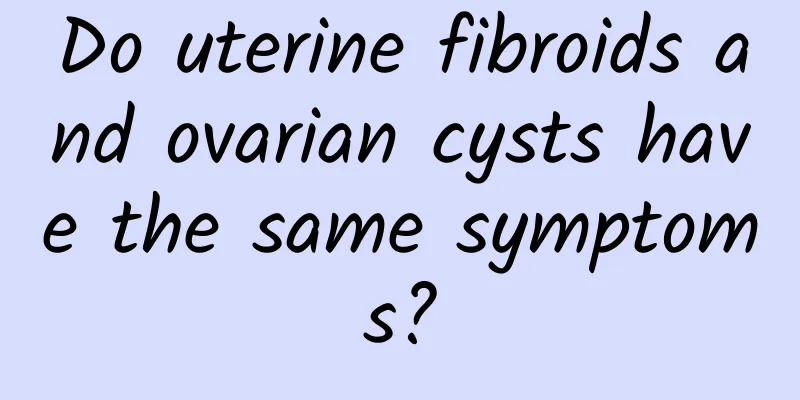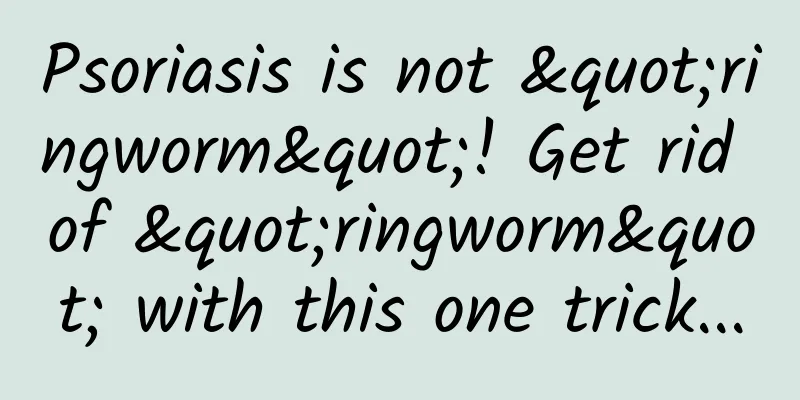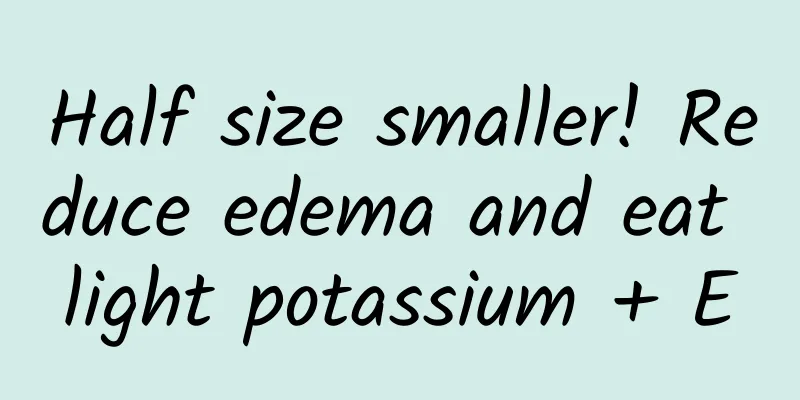Do uterine fibroids and ovarian cysts have the same symptoms?

|
Do not stimulate or extract ovarian cysts. Many patients report that the more they extract, the faster the cyst grows. The scientific approach should be to choose the right medicine for active treatment and combine it with close follow-up and reexamination, pay attention to the changes in the nature of ovarian cysts, and then take corresponding countermeasures. So, what are the symptoms of uterine fibroids and ovarian cysts? Are they the same? Most patients with uterine fibroids have no obvious symptoms and are only occasionally discovered during pelvic examinations. If symptoms occur, they are closely related to the location of the fibroid, its growth rate, and whether the fibroid has degenerated. 1. Menstrual changes: The most common symptom is shortened menstrual cycle, increased menstrual flow, prolonged menstrual period, irregular vaginal bleeding, etc. 2. Abdominal mass: The abdomen is swollen, and a mass can be felt in the lower abdomen, accompanied by a feeling of falling. 3. Increased leucorrhea: Increased leucorrhea, sometimes with a large amount of purulent and bloody discharge and necrotic tissue discharge with a foul odor. 4. Pain: Generally, patients have no abdominal pain, but often have lower abdominal distension, back pain, etc., and uterine fibroids. The main symptoms of ovarian cysts are: 1. Discomfort in the lower abdomen is the initial symptom before the patient feels the lower abdominal mass. Due to the weight of the tumor itself and the influence of intestinal peristalsis and body position changes, the tumor moves in the pelvic cavity, pulling on its pedicle and pelvic funnel ligament, causing the patient to feel fullness and falling in the lower abdomen or iliac fossa. 2. Increased abdominal circumference and abdominal swelling. Patients find that their clothes or belts seem tight and small, and they just notice the enlargement of their abdomen, or they feel it occasionally in the morning, so they press their abdomen and find a swelling in the abdomen, coupled with abdominal distension and discomfort. 3. Abdominal pain: If the tumor has no complications, there is little pain. Patients with ovarian tumors feel abdominal pain, especially when it occurs suddenly, which is mostly caused by tumor pedicle twisting, or occasionally by tumor rupture, bleeding or infection. |
<<: Does adenomyosis cause dysmenorrhea?
>>: How to regulate amenorrhea in a 48-year-old woman
Recommend
Does adenomyosis affect fetal development?
Will adenomyosis affect the development of the fe...
The safe limit of ractopamine in beef is 10ppb
The Food and Drug Administration of the Departmen...
What are the dangers of pelvic inflammatory disease
Pelvic inflammatory disease refers to inflammatio...
What is the most effective method for treating pelvic peritonitis?
In the process of treating pelvic peritonitis, th...
Most women have uterine fibroids
With the advancement of the New York Times, women...
Recognize the symptoms of menopausal depression
It is common for menopausal women to suffer from ...
How long does it take for symptoms to appear after infection with cervical warts
How long does it take for symptoms to appear afte...
What can women do if they suffer from cervical erosion? There are six ways to treat cervical erosion with traditional Chinese medicine.
In life, what should female friends do if they su...
Pay attention to ovarian cysts and analyze the two major hazards
Ovarian cysts are a serious disease that develops...
Can female uterine effusion be cured?
Can female uterine effusion be cured? Uterine eff...
Do I need surgery for an ectopic pregnancy that lasts more than a month?
Ectopic pregnancy generally refers to ectopic pre...
What are the best treatments for pelvic inflammatory disease?
What are the best treatments for pelvic inflammat...
What kind of tea should I drink to nourish my body? What kind of tea should I drink to nourish my body?
Uterine fibroids are common benign tumors in gyne...
How to determine vulvar leukoplakia
To determine whether you have vulvar leukoplakia,...
Chronic salpingitis can cause ovulation bleeding
Chronic salpingitis may cause ovulation bleeding,...









